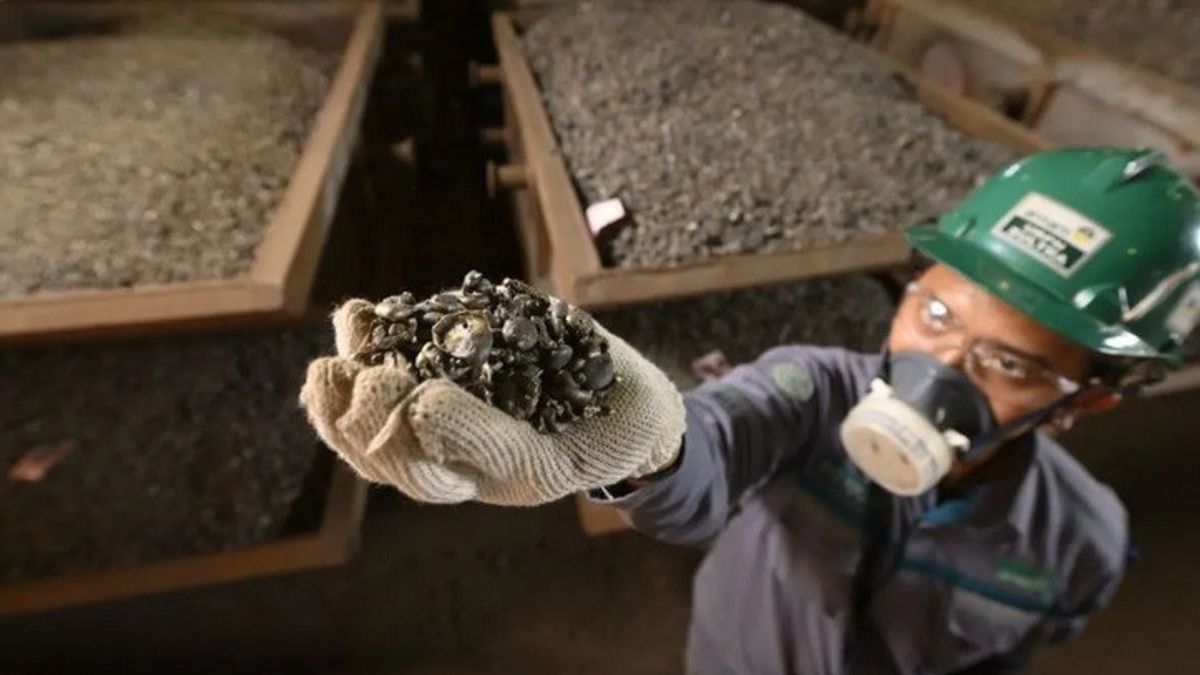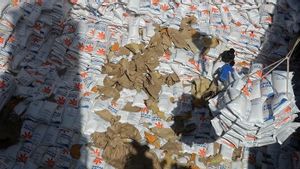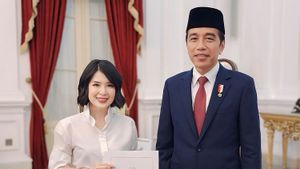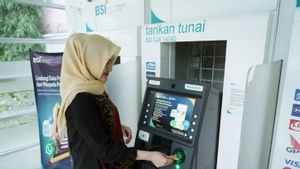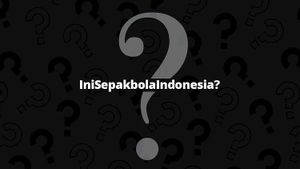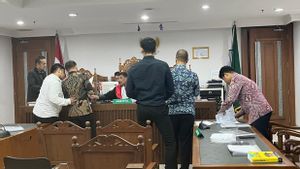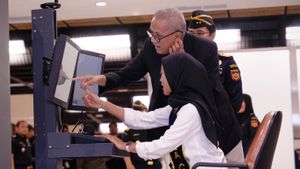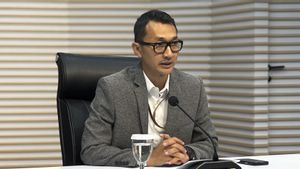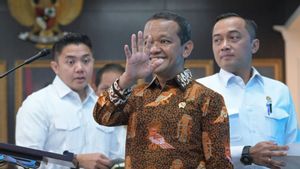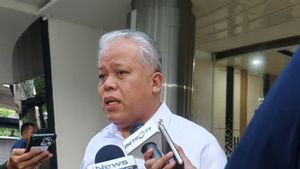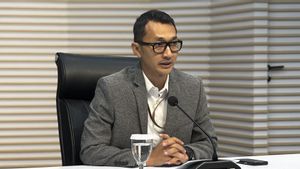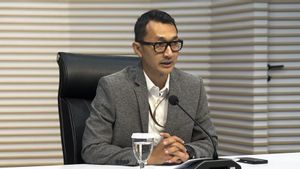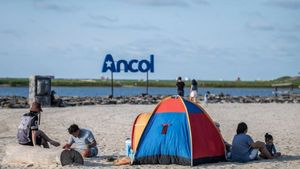JAKARTA Indonesia was sued by the European Union at the World Trade Organization (WTO) on the policy of banning nickel ore exports. Then in October 2022 Indonesia was declared defeated in the lawsuit. What is the continuation of the nickel downstream project which is said to be one way to a developed country?
The European Union's lawsuit stems from European countries' objections to the ban on the export of mental nickel or nickel ore imposed by Indonesia since January 1, 2020, even though the government later relaxed.
As the owner of the world's largest nickel reserves, Indonesia has stopped exporting raw nickel and encouraged the downstreaming of metal to provide added value to the economy.
However, this move made the Blue Continent hot. The European Union assessed that the policy to stop exporting nickel ore by Indonesia made nickel prices in the market soar, thus hitting the European Union and other nickel user countries.
Europe then asked for consultation with Indonesia through the WTO in 2019. Having not reached an agreement, the European Union finally filed a lawsuit in 2021. A year later, to be precise in October 2022, Indonesia was declared defeated in the lawsuit.
However, President Joko Widodo emphasized that Indonesia would not back down even though it lost the first lawsuit at the WTO Dispute Settlement Body (DSB) regarding export bans. He immediately ordered his ministers to appeal at the WTO.
Indonesia's defeat of the European Union's lawsuit at the WTO occurred because the downstream industry in Indonesia was deemed immature. Special Staff of the Minister of Trade for International Trade Treaty, Bara Krishna Hasibuan said this was one of the reasons put forward in the panel at the first level.
WTO assesses that a country that prohibits the total export of a commodity, the industry in the country supported by these commodities must actually develop first. Meanwhile, the downstream nickel industry, namely iron in Indonesia, is considered to have not yet developed.
To note, the appeal for Indonesia is still ongoing because until now it is still waiting for the formation of the Appeal Agency or Appellate Body. The reason is, as a member of the WTO, the United States (US) is still blocking the election of the Appeal Agency. The Adidaya country is still pushing for massive reforms by the WTO.
Bara also said that the government still had to wait in line to process at the Banding Agency, so this appeal process took a long time.
"So once the panel is formed there is also a queue, yes, the case that must be tried on the panel. Now we are still number 23-24. So as long as there is no decision from the panel, we can continue our policy regarding the development of this downstream industry," he said.
However, this condition is considered quite positive for Indonesia, because as long as there is no binding legal force, the policy to prohibit the export of Indonesian nickel ore remains in effect.
The government of the Jokowi era continues to boost the development of the nickel downstream industry. The government's ambition to make Indonesia an important player in the electric vehicle ecosystem makes nickel downstream, one of the raw materials for making electric vehicle batteries massively carried out. Downstream nickel is the first step in the transformation and acceleration of the Indonesian economy.
Indonesia is the second largest nickel exporter for the steel industry of EU countries. Therefore, many metal industries in Europe rely heavily on raw materials from Indonesia.
In the Kompasedisi Daily, November 18, 2019, economist PT Bank UOB Indonesia Enrico Tanuwidjaja said, nickel is a very valuable mineral in the future due to the rapid development of electric vehicles. Nickel is one of the largest metals in the manufacture of electric batteries.
For Indonesia, nickel is a very strategic mineral commodity in the world market with tin and coal. By processing nickel ore in smelter and purification (smelter) in the country, Indonesia has the potential to double the profits compared to exporting nickel ore which is still in the form of land.
An example is, if nickel ore is processed into ferronicles, the price can increase from 55 US dollars per ton to 232 US dollars per ton. In other words, this gives an added value of around 400 percent.
In recent years, the export value of Indonesian nickel ore to the European Union has indeed increased sharply. In the second quarter of 2019, nickel ore exports rose by 18 percent compared to the same period in 2017.
SEE ALSO:
On one occasion, President Jokowi said that downstreaming of mining and oil and gas commodities could increase Gross Domestic Product (GDP) by US$699 billion and create jobs of up to 8.8 million.
He is also optimistic that Indonesia will become a developed country if it successfully intensifys domestic downstreaming. However, Jokowi did not deny the difficulty of downstreaming policies, namely integrating its commodities.
"Don't think that our country will become a developed country if we are afraid to eliminate raw materials in our country. And the most difficult thing is indeed to integrate from downstreaming, (integrating) the commodities we have," said Jokowi at the Mandiri Investment Forum event in Jakarta on February 1, 2023.
The English, Chinese, Japanese, Arabic, and French versions are automatically generated by the AI. So there may still be inaccuracies in translating, please always see Indonesian as our main language. (system supported by DigitalSiber.id)
